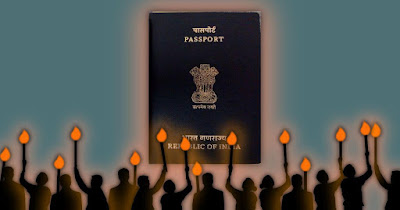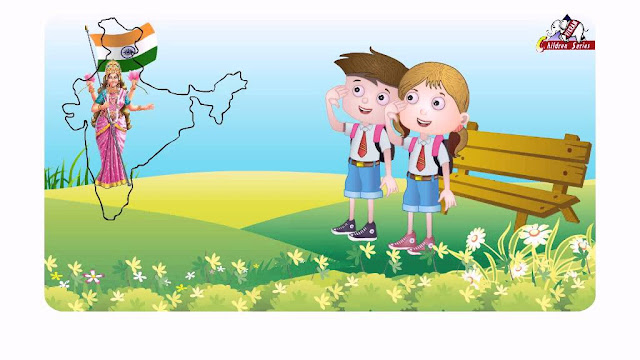Making Indians, yet again

When India was made, no special need for making Indians was felt. That should be somewhat surprising. There was this great aspiration of building a republican polity based on universal suffrage. The whole Indian freedom struggle was a long pedagogical project, led by Gandhi but also enthusiastically enjoined by leaders at various levels, of transforming the political imagination and creating new rules of engagement. 1947 was not just the realisation of that project, it was to be a beginning of a more comprehensive transformation of what it means to be an Indian. As Independence unfolded, various leaders, Nehru and Ambedkar among them, stressed how this would require a new political imagination. There was the vast and ambitious project of the constitution, pulling the disparate communities together into the union. And, yet, precise little was said about what it means to be this new Indian; the debate was muted and deemed unnecessary. The educational enterprise that the new country ...

